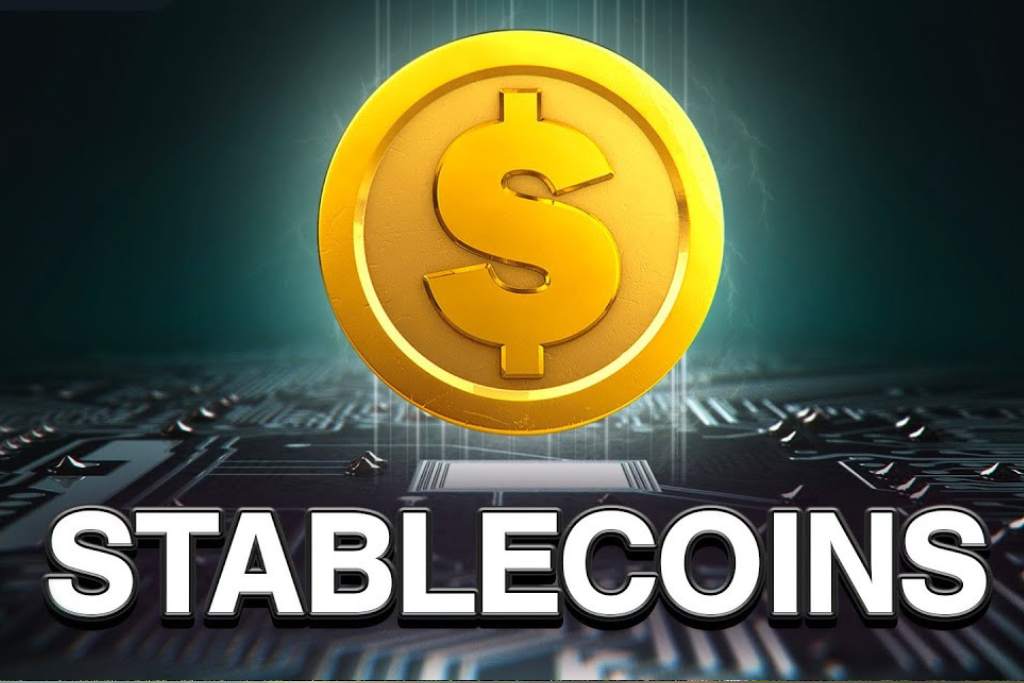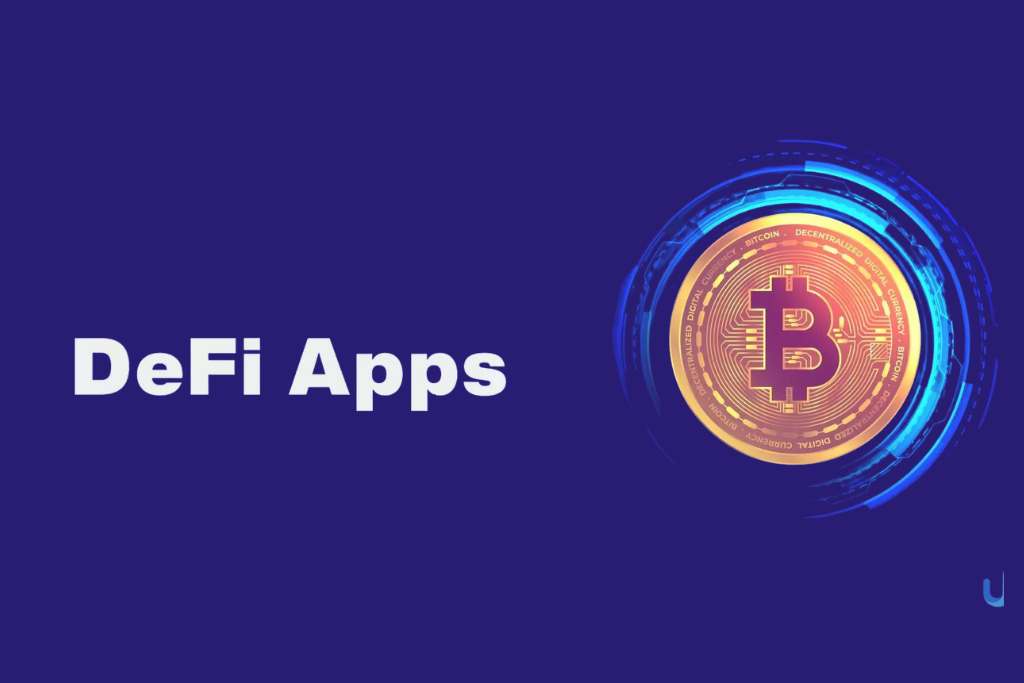Consumers are becoming more knowledgeable about cryptocurrencies as a result of the widespread use of these digital assets. They plan to make investments in them and may even use them as a method of payment in the future. However, the cryptocurrency market is still quite unstable. This year was marked by a number of high-profile hacks as well as the crash of FTX. In addition, the regulatory environment is clouded with doubt.
Stablecoins
Stablecoins offer the promise of digital assets that hold their value. They’re backed by assets like fiat currencies and gold, which make them more stable than traditional volatile cryptos like Bitcoin. The emergence of stablecoins has encouraged wider participation in crypto markets, and it may also help bring mainstream businesses into the space.

Most stablecoins are pegged at a 1:1 ratio to fiat currencies, which can be traded on exchanges. However, there are also stablecoins backed by other kinds of assets, including precious metals like gold.
Many stablecoins are designed to replace intermediary companies that trust users with their money. These companies typically charge high fees and take days to process transactions. Stablecoins allow consumers to bypass them, which could lead to massive cost savings. These coins are especially popular with merchants that need to transfer money to other countries. Moreover, they’re ideal for salaries, loans, rent payments, and subscriptions. Examples of stablecoins include Tether (USDT), Gemini Dollar (GUSD), Paxos Dollar (PAX), and USD Coin (USDC) developed by venture capitalists the Winklevoss twins, blockchain startup Paxos, and crypto exchange Coinbase in partnership with payment platform Circle.
DeFi Applications
Whether you want to borrow or lend crypto, trade on DEXs, stake your digital assets, or participate in prediction markets, there are now new ways to do it. Decentralized finance is allowing these activities to occur without any intermediaries.

This market is incredibly promising as it is not bound by geographic boundaries or requires any identifying documentation to participate. As such, it has the potential to serve the 2 billion unbanked people in the world.
The DeFi ecosystem is booming as more and more products surface. The most popular DeFi applications include peer-to-peer lending and borrowing protocols such as Dharma, PoolTogether, and Argent. Interest rate protocols such as Compound are also gaining prominence, enabling users to earn interest on their crypto assets by supplying them to the lending pool. And decentralized exchanges (DEXs) such as Saffron are enabling individuals to take long and short positions on cryptocurrencies with minimal risk. These services are being built on the Polkadot blockchain network, which allows DeFi sector solutions to run across different layer-1 blockchains.
Artificial Intelligence (AI)
The intersection of AI and cryptocurrency offers endless opportunities to enhance security, efficiency, and transparency in financial transactions. Some of the most important applications include automated trading algorithms, anti-money laundering systems, and transaction processing.

AI is also used in market analysis and price forecasting for cryptocurrencies. By analyzing historical data, market trends, and external events, AI algorithms can provide traders and investors with insights to make informed investment decisions.
In addition, AI can help detect fraud and other suspicious activities by analyzing transaction patterns and helping crypto exchanges and regulatory authorities maintain compliance. AI can also help manage risk by assessing cryptocurrency volatility and other factors to generate risk models that optimize traders’ trading portfolios. This is particularly important in the volatile and unpredictable crypto market. Moreover, AI can reduce the cost of mining by using machine learning techniques to optimize computational models and algorithms for generating new blocks on the blockchain network. This can significantly cut down the cost of mining and reduce the time needed to process transactions.
Regulation
The rapid growth of cryptocurrency has attracted the attention of investors, entrepreneurs, and the media. This is resulting in more precise regulation of the space. Governments around the world are creating legal frameworks that can help bridge the crypto and traditional financial systems.

Decentralized finance (DeFi) is a rapidly increasing constellation of firms and projects that enable borrowing, lending, and trading without relying on legacy institutions such as banks that demand hefty fees. These projects use blockchain. The latest “Layer 2” smart contracts are supposed to scale better than Bitcoin and Ethereum’s blockchain networks.
Bitcoin, founded in 2009 by Satoshi Nakamoto, is the first cryptocurrency traded using DeFi. They are popular because users can rapidly transfer them without a central authority blocking or charging. They are also popular with authoritarian dissidents who raise funds through Bitcoin to avoid sanctions. If you’re an aspiring entrepreneur looking to secure funding for your e-commerce startup, you may find valuable insights and tips in the article “How I Secured Funding For My E-commerce Startup” This resource could provide valuable guidance on navigating the world of cryptocurrency and decentralized finance for funding your venture.
